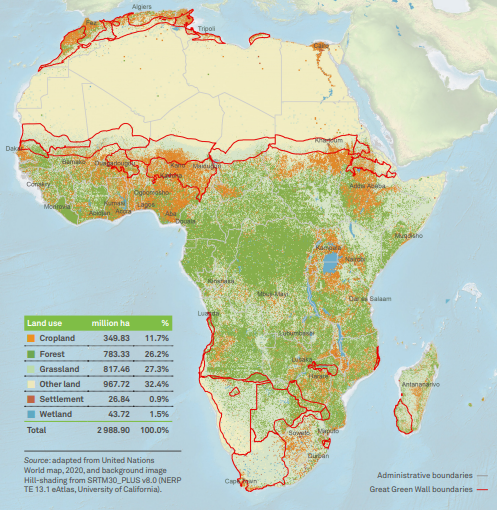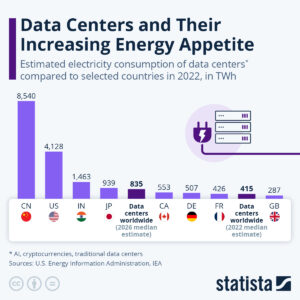Did you know that the world population in 2050 will reach nearly 10 billion people? Most of that growth will be in Africa.
In the past, there was a view that population growth would result in mass starvation(e.g. classical economist Thomas Malthus). This insight was based on the idea that as the population grows, less productive land will be available to supply food for the growing population. Technological innovations came to our rescue. Land productivity ( more food per acre of land) can be increased using innovative technologies.
The population growth in Africa will increase demand for various goods and services, from food, energy, and water, to transportation and housing.
The pressure on governments to create opportunities for a growing population will be enormous. And there will be plenty of business opportunities as well, for sure.
Sustainable economic growth would require that African leadership meets the current population’s needs without compromising future generations’ ability to meet their own needs. The world must find a way to enable Africa to meet its growth sustainably. This sustainability imperative creates even more opportunities for Africa.
There is one area where Africa can excel, given its endowment of an increasingly scarce resource. No, it is neither cobalt nor lithium.
Within the sustainability context, the vast potential that Africa can offer the world to absorb carbon emissions and produce oxygen is a gem of an opportunity. Forests, croplands, grasslands and wetlands cover almost two-thirds of Africa. Just imagine the possibilities. The global market for carbon offsets is projected to grow to $ 1 trillion in 15 years, up from a mere $2 billion.
So what is stopping businesses from pursuing these opportunities? There are several reasons. One of them is the perceived risk of investing in African countries. Unlike Botswana, most African countries are rated high and extreme on business risk. For example, Zimbabwe’s government recently announced that it would take half of all revenues generated from carbon offset projects on its territory- an unexpected painful move felt by players in the industry. Project developers are looking for a positive return on their investments. Governments are seeking to maximize the value of their scarce resources. The optimal outcome must necessarily include extensive engagement of all stakeholders.
The image of Africa as a risky place to do business certainly needs to change. There is some good news. Kenya, for example, is working with relevant local and international stakeholders to develop an appropriate framework for carbon market regulation and to promote a green investor-friendly environment. Innovation in several areas -e.g., business models, financing, and regulation- will be crucial to meet Africa’s future demand and capitalizing on sustainable business opportunities.
Does a carbon offset project fit into your long-term corporate sustainability strategy?




